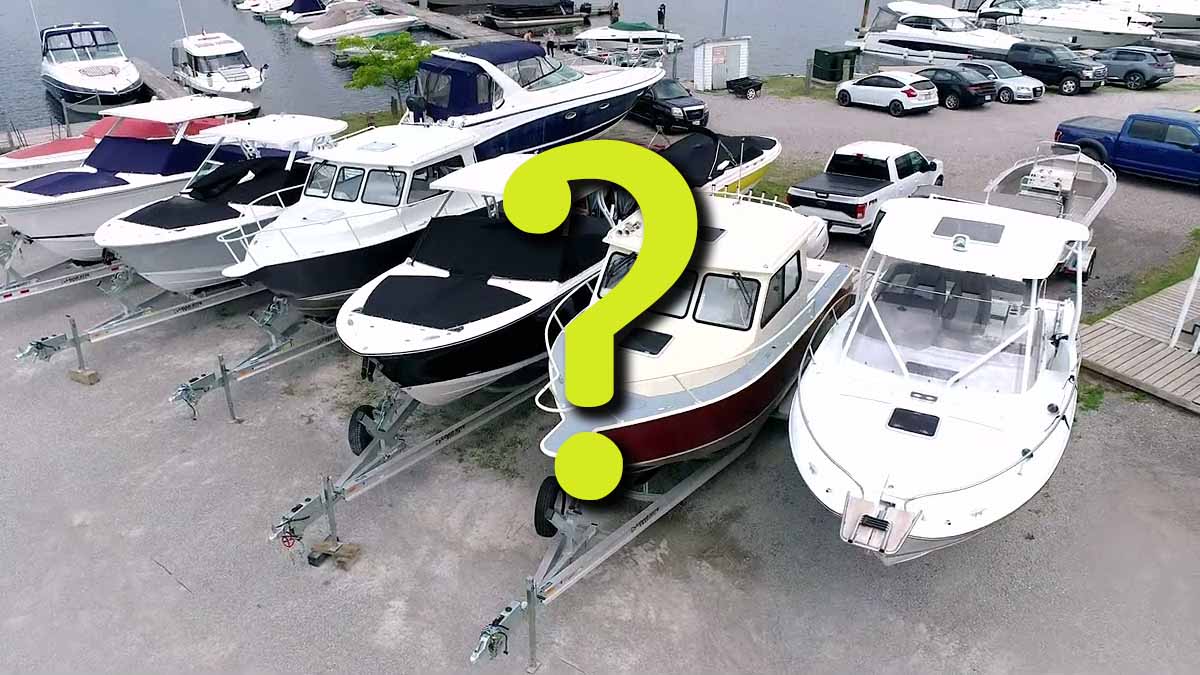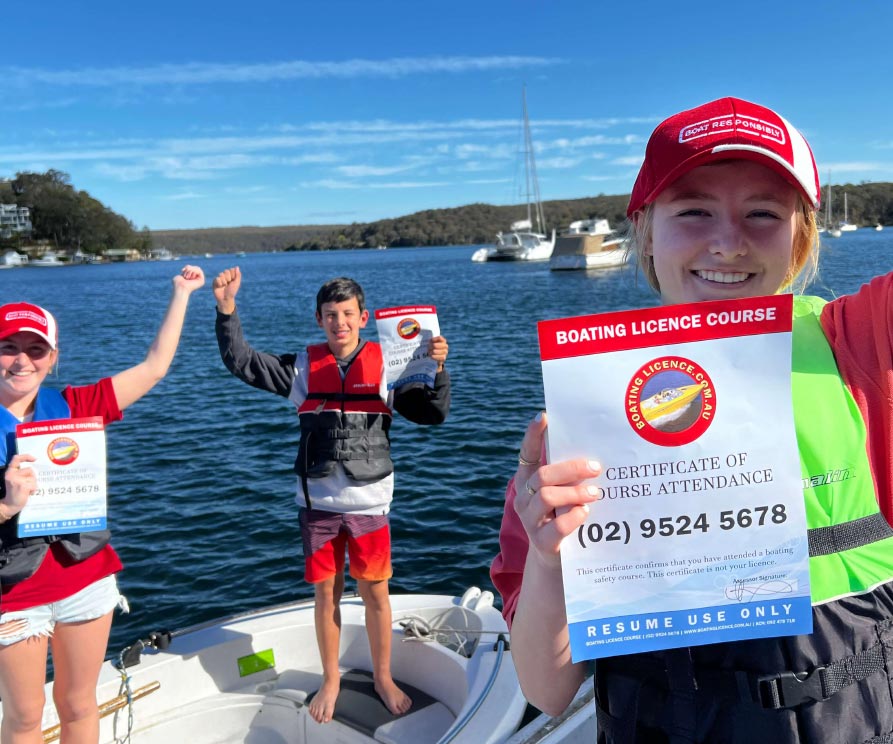Selecting the Right Boat for Your Activities

Boating enthusiasts know that the right boat can make all the difference in their on-water experiences. Whether you’re a fishing aficionado, a thrill-seeking water sports enthusiast, or a leisurely cruiser, finding the perfect boat tailored to your specific needs is essential. With a wide array of boat types available, the choices can be overwhelming. In this guide, we’ll walk you through the factors to consider when selecting the ideal boat for your boating activity, ensuring you make an informed decision that enhances your time on the water.
1. Identify Your Boating Activities:
The first step in choosing the right boat is to identify the primary activities you’ll be engaging in. Are you interested in fishing, water sports, leisurely cruising, overnight trips, or a bit of everything? Different boats are designed for specific activities, so understanding your preferences will narrow down your options.
2. Consider the Boat Types:
- Fishing Boats: If fishing is your main activity, consider boats like bass boats, center console boats, or pontoon boats with fishing features. These boats offer specialized fishing setups, ample storage for gear, and casting platforms.
- Water Sports Boats: Enthusiasts of water sports such as wakeboarding, waterskiing, or tubing should explore options like wakeboard boats, ski boats, or jet boats. These boats come with powerful engines and specialized hull designs for creating the ideal wakes and waves for water sports.
- Cruising Boats: For leisurely cruising and entertaining, cabin cruisers, deck boats, and pontoon boats are excellent choices. They offer comfortable seating, spacious decks, and sometimes overnight accommodations, making them ideal for relaxed outings with family and friends.
- Sailboats: If you’re interested in sailing, sailboats come in various sizes and styles, from small dinghies to luxurious yachts. Sailboats offer a unique and serene sailing experience, perfect for those who enjoy harnessing the power of the wind.
3. Consider Boat Size and Capacity:
The size of the boat matters, depending on the number of passengers and your intended activities. Larger boats provide more space for socializing, amenities, and comfort, while smaller boats are often more maneuverable and cost-effective. Additionally, consider the boat’s weight capacity to ensure it can safely accommodate your passengers and equipment.
4. Evaluate Power and Engine Options:
Different boats require different engine types and power levels. Outboard motors are common for smaller boats and are easily maneuverable. Inboard motors, often found in larger boats, provide more power and stability, making them suitable for cruising and water sports. Consider the horsepower needed based on your boating activities and the boat’s weight.
5. Examine Hull Design and Stability:
The hull design significantly impacts a boat’s performance and stability. V-shaped hulls are common in powerboats, providing a smoother ride in choppy waters. Flat-bottomed hulls, like those in pontoon boats, offer stability and are ideal for calm waters. Consider the hull design that matches your boating environment and preferences for a comfortable and safe experience.
6. Set a Budget:
Boats come in a wide range of price points, so it’s essential to establish a budget before starting your search. Factor in not only the initial purchase price but also ongoing costs such as fuel, maintenance, storage, and insurance. Being clear about your budget will help you narrow down your options and find a boat that aligns with your financial plan.
7. Do Your Research and Take Test Drives:
Once you’ve identified your preferences and budget, research different boat models, read reviews, and compare prices. Don’t hesitate to visit boat dealerships and attend boat shows to see the boats in person. Most importantly, take the opportunity to test drive the boats you’re interested in. A test drive allows you to experience the boat’s performance, handling, and comfort firsthand, helping you make a well-informed decision.
Conclusion:
Choosing the right boat is a pivotal decision that can significantly enhance your boating experiences. By identifying your boating activities, considering boat types, evaluating size and capacity, examining power options, assessing hull design, setting a budget, and conducting thorough research, you can confidently select a boat that perfectly suits

Bonus step: get your licence
Owning a boat is great, but what’s the point if you can’t drive it?
Our NSW boat and PWC licence courses are delivered by experienced and accredited trainers who provide in-depth education to not only pass the licence exam, but to also stay safe on the water.
To get your licence, you can book online or reach out to our friendly office team on (02) 9524 5678.